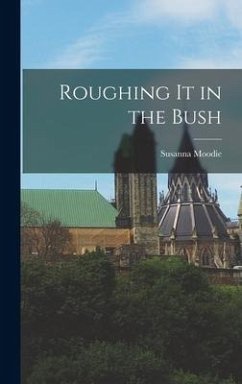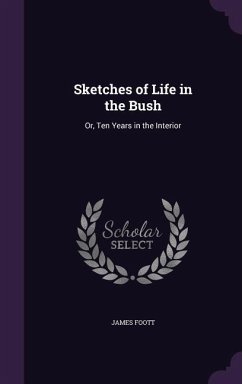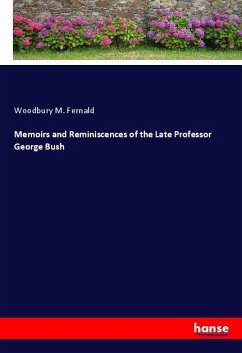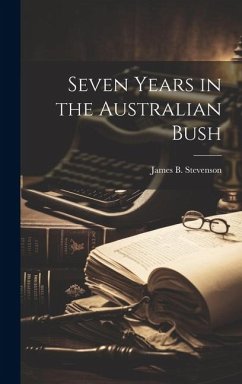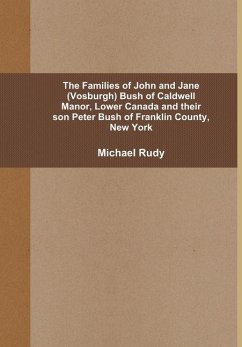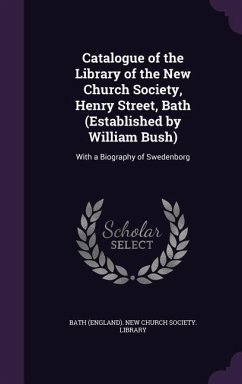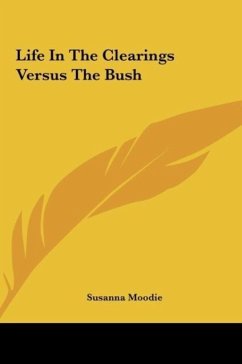
Life In The Clearings Versus The Bush

PAYBACK Punkte
17 °P sammeln!
The native-born Canadian regarded with a jealous feeling men of talent and respectability who emigrated from the mother country, as most offices of consequence and emolument were given to such persons. The Canadian, naturally enough, considered such preference unjust, and an infringement upon his rights as a native of the colony, and that he had a greater claim, on that account, upon the government, than men who were perfect strangers. This, owing to his limited education, was not always the case; but the preference shown to the British emigrant proved an active source of ill-will and disconte...
The native-born Canadian regarded with a jealous feeling men of talent and respectability who emigrated from the mother country, as most offices of consequence and emolument were given to such persons. The Canadian, naturally enough, considered such preference unjust, and an infringement upon his rights as a native of the colony, and that he had a greater claim, on that account, upon the government, than men who were perfect strangers. This, owing to his limited education, was not always the case; but the preference shown to the British emigrant proved an active source of ill-will and discontent.




